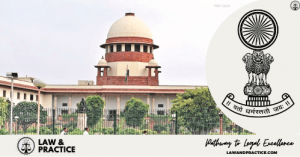Gay sex is a crime: Indian Supreme Court
Indian Supreme Court turned down Delhi High Courts’ ruling which decriminalized sexual relation between persons belonging to same-sex. The issue raised on Section 377 (unnatural offenses) of the Indian Penal Code (IPC) which makes gay sex a criminal offense entailing punishment up to life term.




